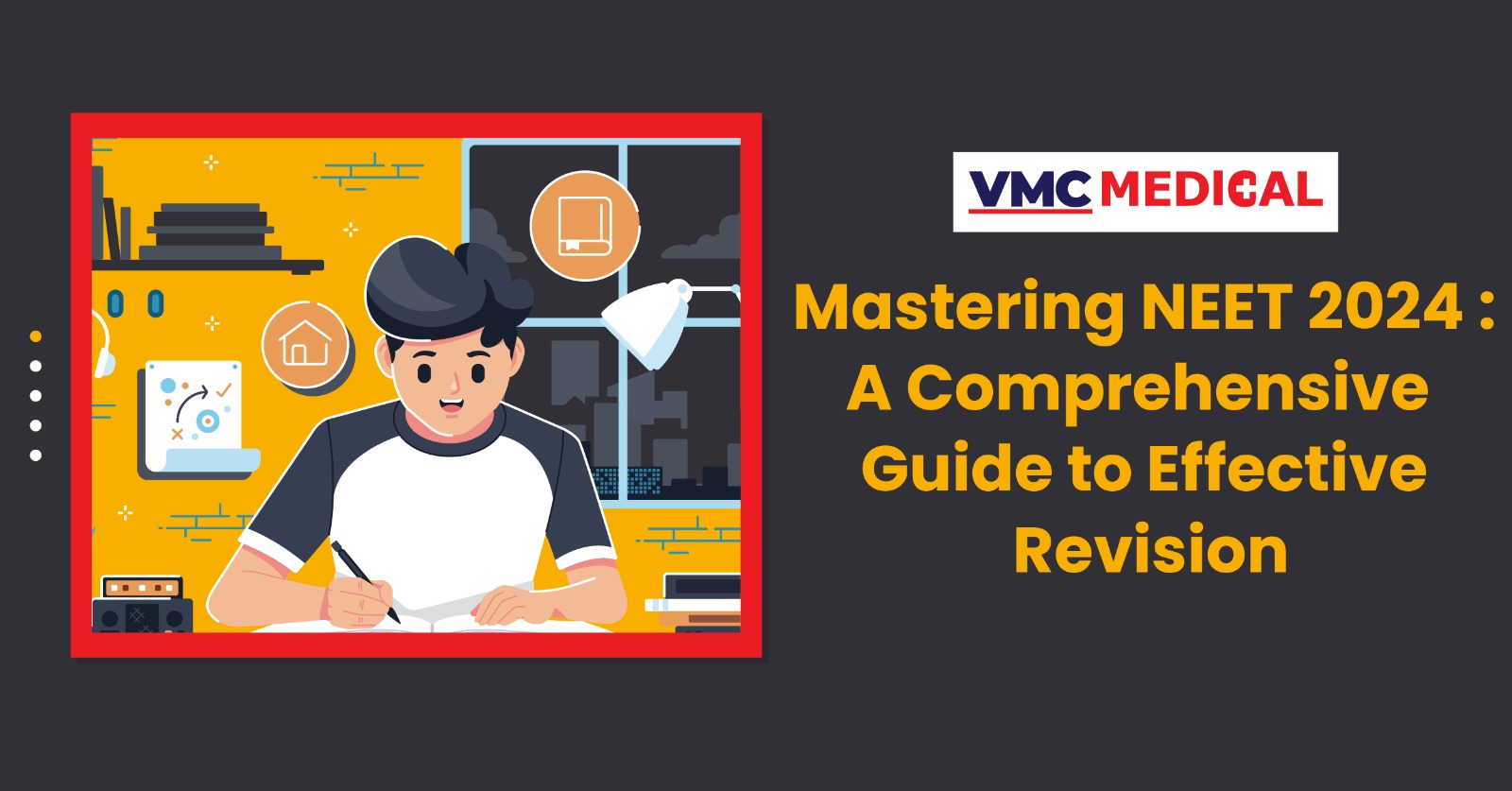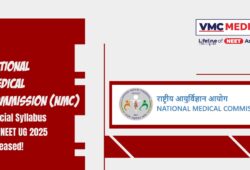Mastering NEET 2024: A Comprehensive Guide to Effective Revision
 Posted On
Posted On
365 total views, 1 views today
The journey towards success in the National Eligibility cum Entrance Test (NEET) is undoubtedly challenging, demanding meticulous preparation and strategic revision. As the competition grows fiercer, the importance of concise and effective revision notes becomes paramount. In this blog, we will explore the key features of NEET 2024 revision notes, guidelines for their creation, and tips for preparing short notes in each subject.
Key Features of NEET 2024 Revision Notes:
Creating effective revision notes for NEET 2024 requires careful consideration of certain key features:
- Ease of Understanding:
Ensure that the notes are written in a language that is easy to comprehend. Complex concepts should be simplified for quick revision.
- Time-Saving:
The purpose of revision notes is to save time. They should be concise, focusing on crucial information that aids in quick review.
- Inclusion of Important Points, Shortcuts, and Tricks:
Highlight essential points, shortcuts, and mnemonic tricks that facilitate better retention and recall during the exam.
- Compilation of Data from Various Sources:
Gather information from multiple sources to create comprehensive notes. Combining insights from different books enhances the depth of your understanding.
- Chapter-wise Summarization:
Dedicate one or two pages to summarize each chapter. A concise overview makes the notes more appealing and manageable.
- Handiness:
Your revision notes should be portable, allowing you to review them anytime, anywhere. Consider using A4 size paper for convenience.
- Inclusion of Essential Formulas:
Ensure that important formulas are included in your notes. This is particularly crucial for subjects like Physics and Chemistry.
Guidelines for Making NEET 2024 Revision Notes:
- Understand Your Learning Style:
Identify the study techniques that work best for you. Tailor your revision notes to align with your learning preferences and memory capacity.
- Know the NEET Syllabus:
Familiarize yourself with the entire NEET syllabus. This understanding will help you prioritize topics, focusing on areas where you need more practice.
- Avoid Immediate Note-Taking:
Refrain from preparing notes immediately after studying a chapter. Review the material multiple times to discern the most crucial information.
Biology Notes for NEET:
- Create separate revision notes for Zoology and Botany.
- Thoroughly go through NCERT and supplement it with additional study materials.
- Note down important concepts, exceptions, and examples.
- Use flowcharts for processes instead of lengthy descriptions.
Chemistry Notes for NEET:
- Make notes for formulae, reactions, graphs, and mechanisms.
- Include examples and questions from various sources to reinforce understanding.
- Pay special attention to organic chemistry and its reaction mechanisms.
Physics Notes for NEET:
- Note down essential formulas.
- Highlight challenging and vital problems for focused practice.
Key Tips for Preparing Short Notes for NEET:
- Use Different Colors:
Make your notes visually appealing by using different colored pens or highlighters. This aids in better organization and retention.
- Create a Personal Learning Pattern:
Develop a creative pattern for learning that resonates with your style. This could involve mind maps, diagrams, or other visual aids.
- Learn from Mistakes:
Note down your mistakes and use them as learning opportunities. Understanding your weaknesses will help you address them during revision.
- Optimal Paper Size:
Use A4 size paper for note preparation. This size is convenient to carry and ensures your notes remain easily accessible.
- Language Matters:
Write your notes in a language that you find most comfortable. This enhances understanding and aids in quicker revision.
- Avoid Bookish Language:
While summarizing concepts, avoid overly formal or bookish language. Use a conversational tone to make the notes more relatable.
- Incorporate Class Lectures:
Integrate key points from class lectures into your notes. This provides a well-rounded understanding of the topics.
- Create Placards for Last-Minute Revision:
Develop concise placards for quick review on the final day. These can serve as handy reminders of crucial information.
Final Thoughts:
Mastering the NEET 2024 exam requires a well-structured and efficient revision strategy. By following the guidelines and tips provided in this comprehensive guide, you can create revision notes that are not only easy to understand but also immensely helpful during the crucial exam preparation phase. Remember, the key to success lies not just in hard work but in smart work, and your revision notes play a pivotal role in that equation. Best of luck on your NEET 2024 journey!




